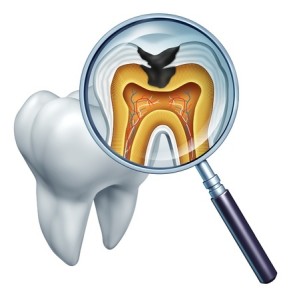Common Questions that General Practitioners Want to Ask about Root Canals
 The root canal procedure is a critically important one in the world of oral health, which is why many general practitioners refer their patients needing root canals to specialized endodontists. Dentistry continues to evolve, and the root canal is a very different procedure now than it was 50 years ago, so the following are questions that GPs may want to ask.
The root canal procedure is a critically important one in the world of oral health, which is why many general practitioners refer their patients needing root canals to specialized endodontists. Dentistry continues to evolve, and the root canal is a very different procedure now than it was 50 years ago, so the following are questions that GPs may want to ask.
What Medications Do You Prescribe After a Root Canal?
Amoxicillin is always the first antibiotic of choice because it’s broad spectrum can fight bacteria that tries to invade the root canal as well as polymicrobial infections. If amoxicillin is still ineffective after two to three days, the addition of metronidazole is clinically proven to guarantee 99 percent efficacy. Some patients do have an allergy to amoxicillin, in which case clindamycin makes an effective alternative.
It’s also wise to prescribe NSAIDS like high-dose ibuprofen after a root canal treatment since the surgery causes moderate inflammation around the tooth, tissue, and supporting bone. By blocking the production of inflammatory mediators, the patient will experience less pain and swelling at the site of the procedure.
Which Teeth Are Most Common in a Root Canal?
The upper and lower molars, especially second molars, are commonly the teeth involved in a root canal procedure. This is probably because the location of those teeth make them more difficult to access, leading them to receive less brushing and flossing attention than other teeth. It’s also common for these teeth to need retreatment if the root canal is not done properly by an endodontist the first time. Problems like an improper amount of irrigation, incorrect use of the rubber dam, and ineffective use of obturation materials can cause a root canal to fail.
How Does Crown Lengthening Relate to a Root Canal?
Crown lengthening may need to be done after a root canal, but never before. Since a root canal determines the future health of the tooth, a crown cannot be done until the tooth has been completely salvaged. In addition, a tooth should not experience any stress for 10 weeks following a crown procedure, which makes a follow-up root canal impossible and places the tooth at risk of dying. It is always best to complete a root canal and then lengthen a crown afterward.





